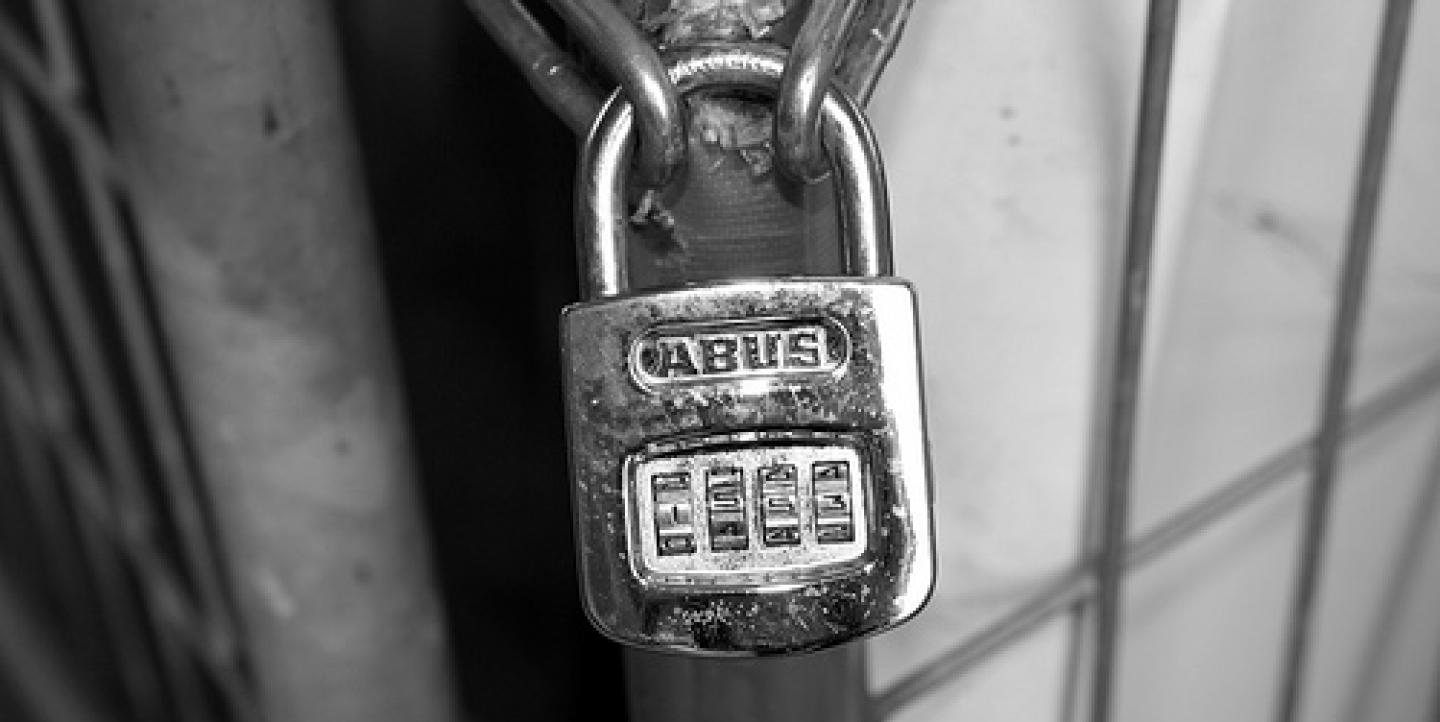In the age of hacked iPhones and computer surveillance, journalists must be more vigilant about digital security.
To help journalism trainers teach others the skills they need to protect themselves, their families and their sources, media development nonprofit Internews has published the toolkit, SaferJourno: Digital Security Resources for Media Trainers.
The toolkit, available as a free download in PDF format via a Creative Commons License, provides lesson plans for six modules: assessing risks, basic protection, mobile phone safety, keeping data safe, researching securely, and protecting email.
Each module contains tips, resources, talking points, discussions, exercises, cases studies, related videos and articles, and glossaries. Each module is designed to run for around three hours.
The toolkit starts with the trainer’s guide, which walks trainers through teaching approaches including best practices, creating the training schedule, participant security, and managing expectations.
Trainers who use the curriculum are not expected to be digital security experts, but should have a deep understanding of the media and the Internet in their regions, and “should be expected to maintain a healthy interest in device hygiene, mobile safety and online security.”
The kit uses the Activity-Discussion-Inputs-Deepening-Synthesis (ADIDS) approach to learning, which operates on the principle that adult learners benefit most from information presented in stages, and in a variety of formats including group activities, slide and audiovisual presentations, facilitated discussions, group work, hands-on practice, and reflection.
According to Internews, “The toolkit was field-tested in Nairobi, Kenya, and peer-reviewed by leading experts in the digital security and journalism fields.”
Internews plans to constantly update the kit to reflect changes in technology and practices.
SaferJourno presents case studies from countries across the globe, including Bahrain, Germany and the United States. The Bahrain case study, for example, explains that in July 2012, the Citizen Lab, an interdisciplinary research lab based at the University of Toronto, examined malicious software e-mailed to Bahraini activists from an account associated with a reporter from Aljazeera. Researchers concluded that the emails were infected with FinFisher, a surveillance software sold by U.K.-based Gamma Group.
The kit ends with quick tips for securing your PC, mobile phone and online accounts. Among these tips is enabling automatic updates for your computer software, protecting accounts with two-step verification, encrypting your information, making sure your PC firewall is on, using privacy software, and thinking first before downloading anything.
The formal launch of SaferJourno will take place in Washington, DC on May 1 in celebration of World Press Freedom Day.
Image CC-licensed on Flickr via binaryCoco.


